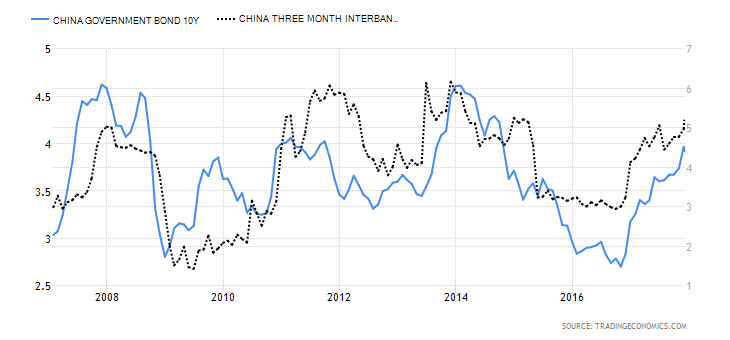GoldMoney have released a recent podcast where I interview Bob Murphy, who is a leading economist of the Austrian school. At the outset, I attempted to angle my questions so that those not familiar with the economic theories of the Austrian School can grasp the essentials.
Murphy gives a broad outline of how Austrian economic analysis differs from Keynesian analysis, and how this leads economists from these rival schools to propose radically different policy recommendations.
He pays particular attention to the example of the Great Depression, where conventional (Keynesian) wisdom holds that FDR’s stimulus measures contrasted with “tight wad” Hoover’s fiscal austerity, and that the former were instrumental in ending the Depression. But as Murphy discusses in his book The Politically Incorrect Guide to the Great Depression and the New Deal, this narrative is seriously misleading.
Turning to current events, Murphy discusses how governments are engaged in a never-ending effort to “postpone the day of reckoning” as far as the economy is concerned: in the late 1990s, the bursting of the tech bubble led the Fed to pump up a housing bubble. When the housing market collapsed in 2008, threatening major bank failures, this led governments to step in and guarantee bad bank debts. But given that these bailouts now threaten the solvency of governments themselves, Murphy thinks that governments and central banks have run out of road, and that we risk currency crises if the authorities continue to resort to money printing as a solution
The recording can be found here.





A good post.